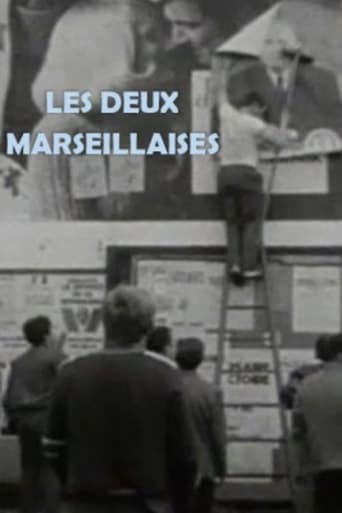
Jean-François Revel
Jean-François Revel (born Jean-François Ricard; 19 January 1924 – 30 April 2006) was a French philosopher, journalist, and author. A prominent public intellectual, Revel was a socialist in his youth but later became a prominent European proponent of classical liberalism and free market economics. He was a member of the Académie française after June 1998. He is best known for his book Without Marx or Jesus: The New American Revolution Has Begun, published in French in 1970. Jean-François Ricard was born in Marseille in 1924 into a prosperous middle-class family. During the German occupation of France in World War II, the adolescent Ricard participated in the French Resistance. He would later note that his reaction against the disgraceful, officious manner of French collaborators had an impact on his approach to writing. Ricard began to use "Revel" as a literary pseudonym, eventually adopting it as his legal surname. Revel moved to Lyon to prepare at the Lycée du Parc for the competitive entrance examination to the École normale supérieure (ENS), where he was admitted in 1943. At the ENS, Revel studied philosophy and in 1956 passed the rigorous agrégation that qualified him to teach the subject in French public secondary schools. Revel began his career teaching philosophy in French Algeria and in French secondary schools in Italy and Mexico, before settling in Lille. He quit teaching in 1963 and embarked on his career a journalist, author, and public intellectual. Among other positions in the press, he was chief literary editor for France Observateur and later for L'Express. A socialist until the late 1960s, Revel was a speechwriter for socialist politician François Mitterrand. Revel ran as a socialist candidate in the parliamentary elections of 1967, which he lost. Later, however, Revel became known, particularly in the context of the Cold War, as a champion of classical liberal values such as liberty and democracy at a time when many pre-eminent European intellectuals praised Communism or Maoism. The publication of his 1970 book, Without Marx or Jesus: The New American Revolution Has Begun signalled the transition of his views to liberal "philosopher of freedom in the tradition of Raymond Aron." In 1973, he was one of the signers of the Humanist Manifesto II. In 1975, he delivered the Huizinga Lecture in Leiden, Netherlands, under the title La tentation totalitaire (English: The Totalitarian Temptation). In 1986, Revel he received an honorary doctorate degree from the Universidad Francisco Marroquín, in Guatemala, for his commitment to individual freedom. From 1998 to 2006, he was president of the Institut d'Histoire Sociale. His successor is Emmanuel Le Roy Ladurie. A year after the September 11 attacks of 2001, Revel published Anti-Americanism, a book in which he criticized anti-Americanism and Europeans who argued that the United States had brought the terrorist attacks upon itself by misguided foreign policies: "Obsessed by their hatred and floundering in illogicality, these dupes forget that the United States, acting in its own self-interest, is also acting in the interest of us Europeans and in the interests of many other countries which are threatened, or have already been subverted and ruined, by terrorism." ... Source: Article "Jean-François Revel" from Wikipedia in English, licensed under CC-BY-SA 3.0.
- Aha: Jean-François Revel
- Ewu ewu: 0.001
- Mara maka: Acting
- Ubochi omumu: 1924-01-19
- Ebe amụrụ onye: Marseille, Bouches-du-Rhône, France
- Homepage:
- A makwaara Dị ka: Jean-François Ricard



